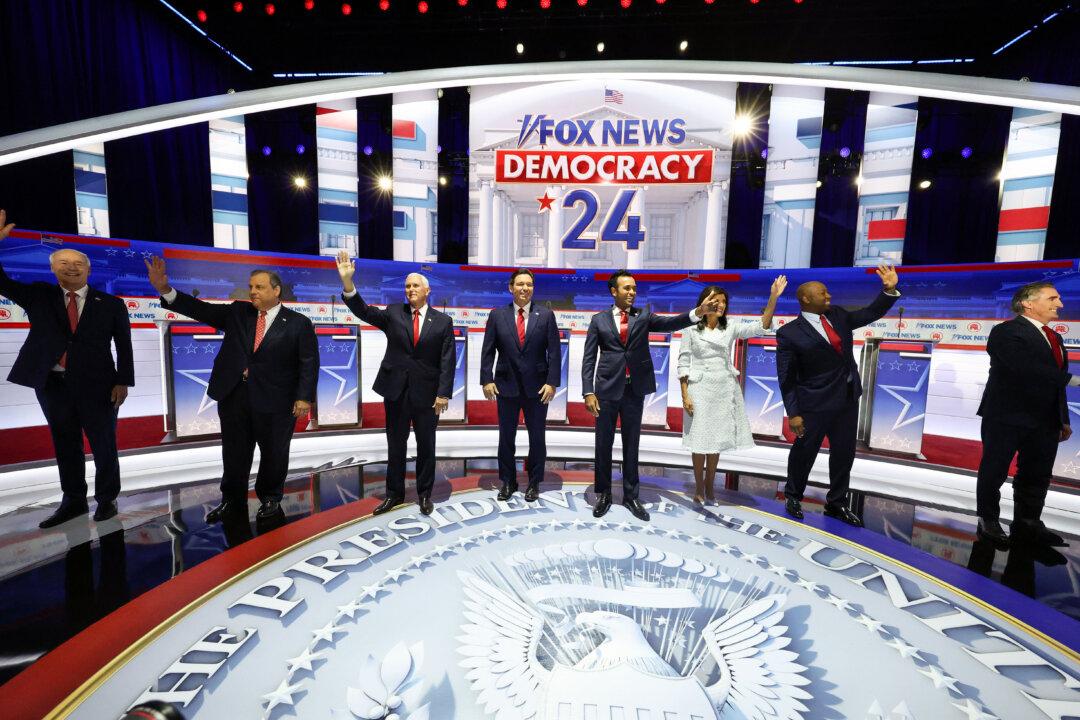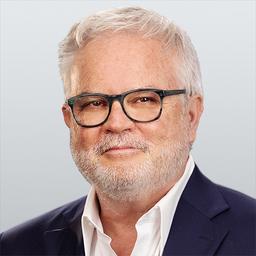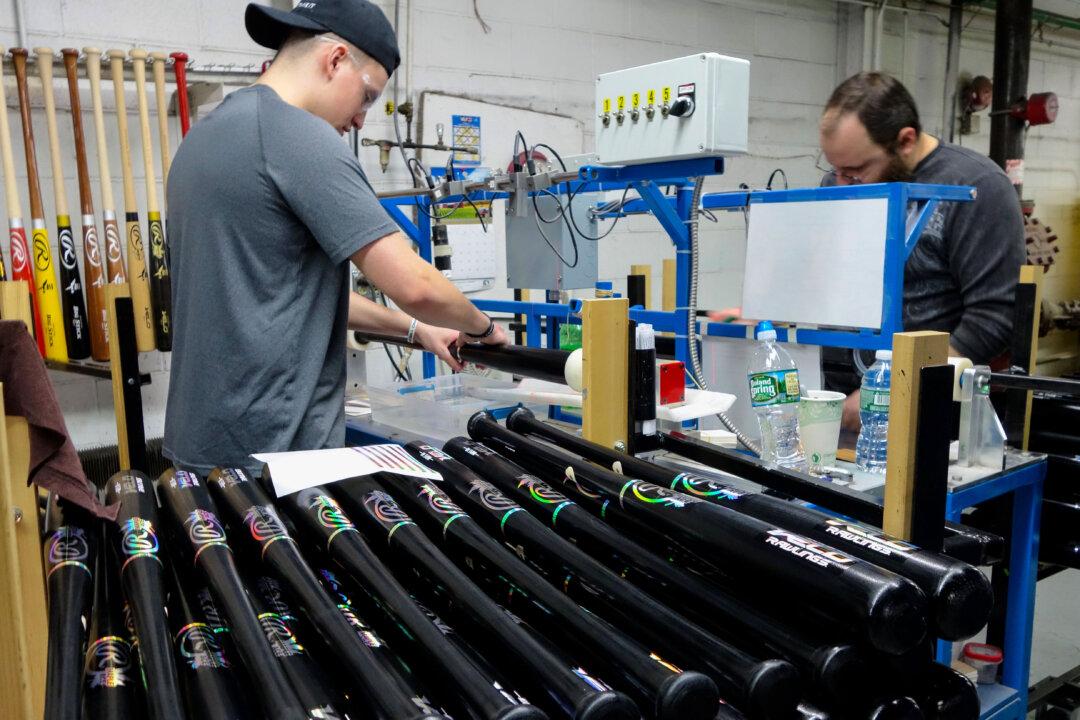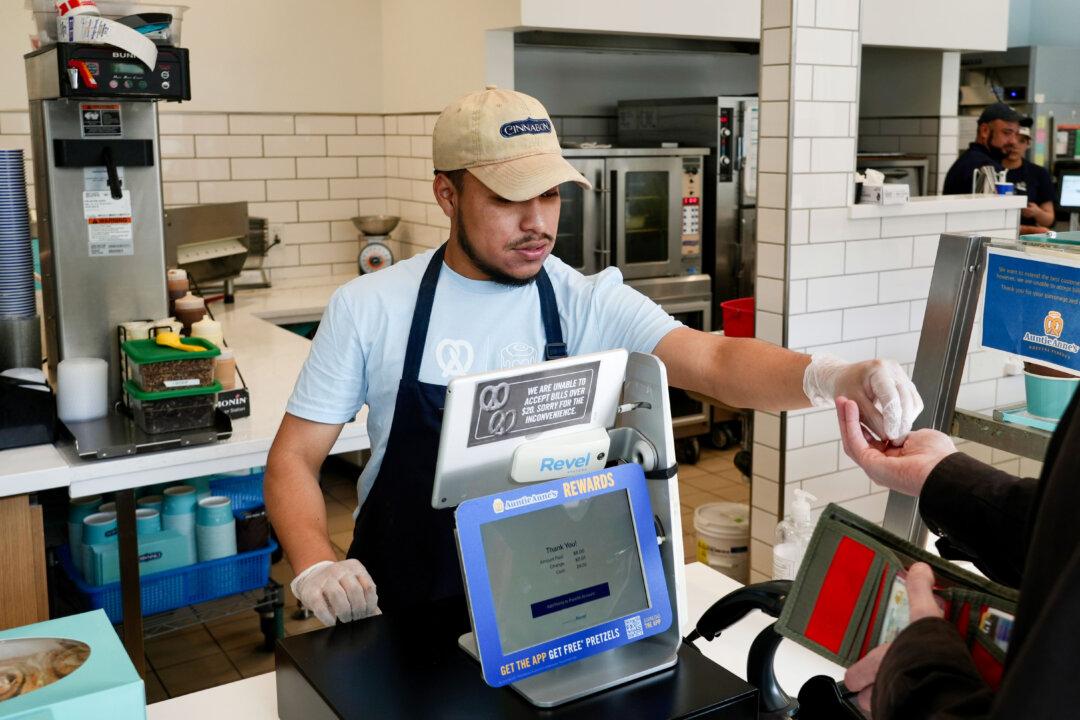Televised presidential debates, like the Trump-absent Republican debate on Wednesday, have been historically viewed as a showcase for voters wanting to hear a candidate’s response to policy questions or sometimes outright attacks. But the format hasn’t changed significantly since the first televised Nixon-Kennedy debate almost 63 years to the day in 1960, with one exception. There are now more people on the stage than ever. But in the age of social media and instant analysis, does the televised political debate format need a reboot?
In a general election debate that pits Democrat versus Republican, or Democrat versus Republican versus Independent, policy usually is the focus. But in large primary debates, it tends to be less about policy and more about character and personalities. This leads to the question: When you simultaneously put eight people on a stage, can you still call it a debate? Ryan Munce, a president and partner of the polling firm co/efficient, who was in the audience for the Republican debate in Milwaukee on Wednesday, told the Epoch Times the answer is “no.”
“It kind of does, in many ways, bother me that we still call them debates. They aren’t. They’re group interviews and I really think people would rather see a debate,” he said. “It’s an untenable exercise to have a debate with eight or 12 people and a silly threshold that when you need to have only 1 percent support in a couple of polls, that allows you to be on the national stage. I’d love to see a smaller group and a true debate-style format.”
Nearly 12.8 million people watched the Fox News Republican primary debate Wednesday night, a significant number for a cable-only show but well below the 24 million who watched the first of the Republican primary debates eight years ago.
Leonie Huddy, a Professor of Political Science at the State University of New York at Stony Brook who studies political behavior, told the Epoch Times that she believes the format, regardless of viewership size, has survived, and TV ratings can no longer measure total audience engagement.
“There are some indications that the recent Republican debate attracted an unexpectedly large audience,” she said. “In many ways, social media makes it easier now than in the past to watch a televised debate. It can be watched in many different formats, diverse settings, and via innumerable online sources. Of course, politics is not for everyone. It is important to remember that at least two-thirds of eligible Americans fail to vote in a presidential election and find politics incredibly uninteresting.”
At the beginning of these televised political spectacles, with limited television channels and no social media, these live debates were, at times, the first opportunity for a voter to meet a candidate. But now, with candidates all over Facebook, Instagram, YouTube, and TikTok, are voters’ minds already made up before the debates?
Post-election surveys conducted by Pew Research Center from 1988 to 2020 found that in most cases, three-fifths or more voters said the debates were very or somewhat helpful in deciding which candidate to vote for. Pew points to 1992 as the outlier, when 70 percent of voters said the three-way debates that year between Bill Clinton, George H.W. Bush, and Ross Perot were “at least somewhat helpful.” That compares to the 2016 race when Pew polls found only 10 percent of voters said they had definitively made up their minds “during or just after” the presidential debates.
Ms. Huddy says that though multiple channels are available for voters to learn about candidates, the televised debates still hold their attention. “There is a lot of constant information out there about political candidates, but many people do not tune into an election until the first debate. The debates are likely to be most important in presidential primaries in which voters are not voting for their political party but voting for someone to represent their party. Typically, voters have more fluid preferences in this setting and are more open to information they acquire during a debate.”
Obviously missing from the Wednesday debate was the Republican candidate outpolling most of the candidates by at least a two-to-one margin, former President Donald Trump, who elected to skip the Milwaukee show. Mr. Munce said the program missed his presence but understood his decision to skip it.
“I think that selfishly, it would have been a better show if he was there, and it would certainly have been more entertaining for the viewership if he was there. But ultimately, from a strategic viewpoint, I think he made the right choice,” he said. “When I was on my debate team at Creighton University, Harvard and Yale would never debate us because they had everything to lose,” Mr. Munce said with a laugh. “I think, oddly, that was the scenario for Trump, too.”





